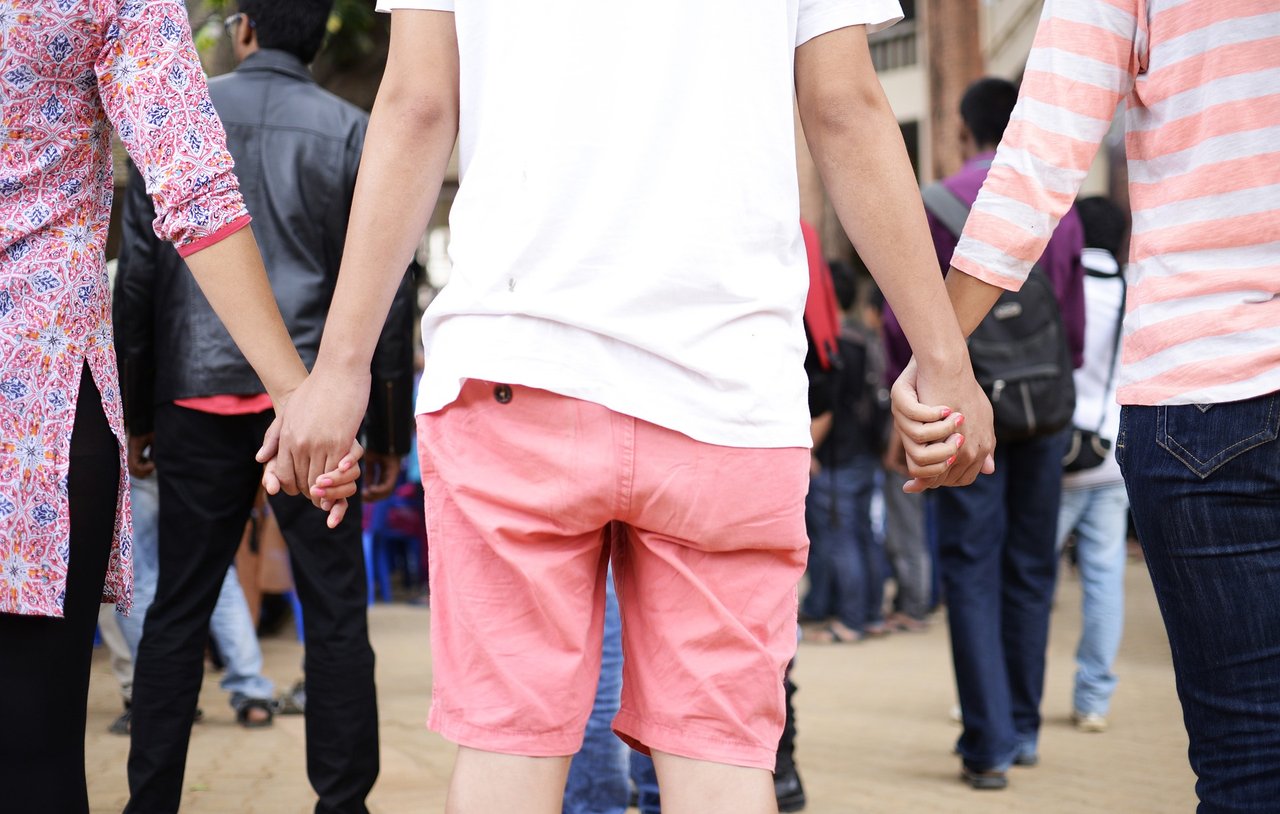
We’re all emotionally shaken by events in our lives at some point, but some moments create deeper scars than others. According to the American Psychological Association, trauma is characterized as “an emotional response to a terrible event.”
Trauma has a lasting negative effect on people and it can be a source of emotional pain long after the traumatic event has occurred. Sometimes these effects manifest themselves as post-traumatic stress disorder (PTSD). If you’re questioning whether or not your teen might be suffering from PTSD, consider what sort of awful event or events they’ve undergone. The DSM-5 has categorized these events as either big “T” or little “t” traumas.
Big “T” vs. Little “T” Traumas

Image Credit: Pexels
Big “T” traumas are life-threatening situations, like a physical attack, sexual assault or natural disaster. These are the events that make you fear for your physical safety or that of another person. To feel the effects of PTSD, you don’t necessarily have to personally experience the brunt of a big “T” trauma; you could simply have been exposed to it.
Little “t” traumas, on the other hand, are more common, personally upsetting events. While they’re not life-or-death scenarios, these traumas still feel significant to those who have experienced them. They’re caused by emotionally devastating occurrences like divorce, neglect or bullying.
Why Does Trauma Stay With Us?
When someone experiences a traumatic event, their body responds in a particular way—first with a jolt of adrenaline and fear as their “fight-or-flight” instinct kicks into high gear. After that response reaches its peak, the body’s systems begin to shut down, and can result in a third option, a disabling “freeze” option.
Survivors of trauma often forget details of a traumatic event because they go through such a strong biological reaction. This sort of amnesia is a coping mechanism. The mind chooses to repress the painful memory and only retains information that it thinks is important to survival.
People who suffer from PTSD can experience delayed flashbacks of the traumas that their brains are trying to repress. The fear and anxiety can lead to someone feeling like they need to be on their guard at all times, which is physically and emotionally taxing as well.
Smaller traumas can also be damaging, and may lead to avoidance coping. People have a tendency to play the situation over and over in their heads to better understand it, reopening old wounds long after the event has passed. Extreme emotional responses can leave both a physical and mental mark, which can sometimes cause depression and anxiety.
How to Recover From Trauma

Image Credit: ashleyamos
Professional therapy is effective for anyone dealing with either a big “T” or small “t” trauma. Talking the traumatic event through can help a person gain greater clarity and begin to heal from it. Additionally, physical exercise such as yoga can help those who’ve experienced trauma.
People who have experienced trauma may pull away from their loved ones. If you’re in a position where you’re supporting someone dealing with trauma, be patient. Don’t take it personally if your loved one is distant or does not want to talk. The important thing is to be there for them if they do. You can get through it together.
Feature Image: Chris Sardegna


